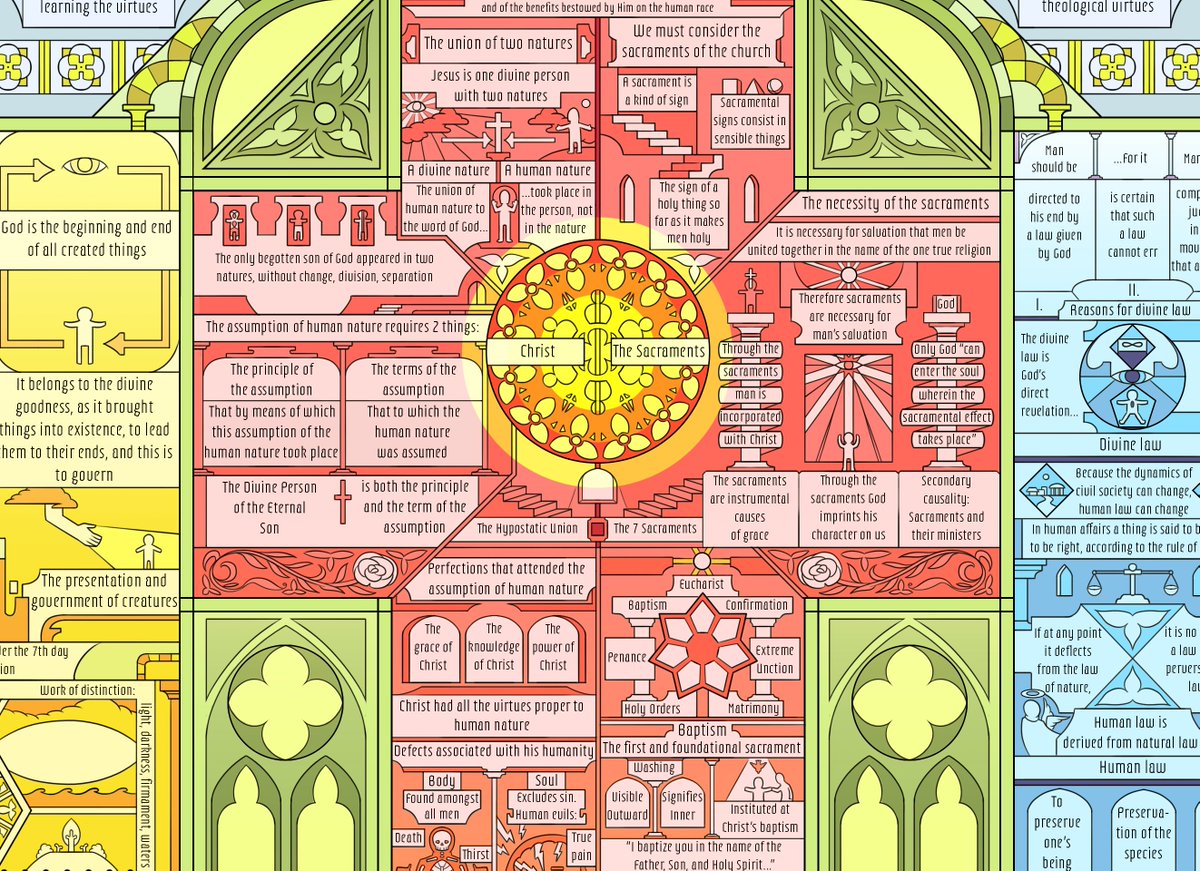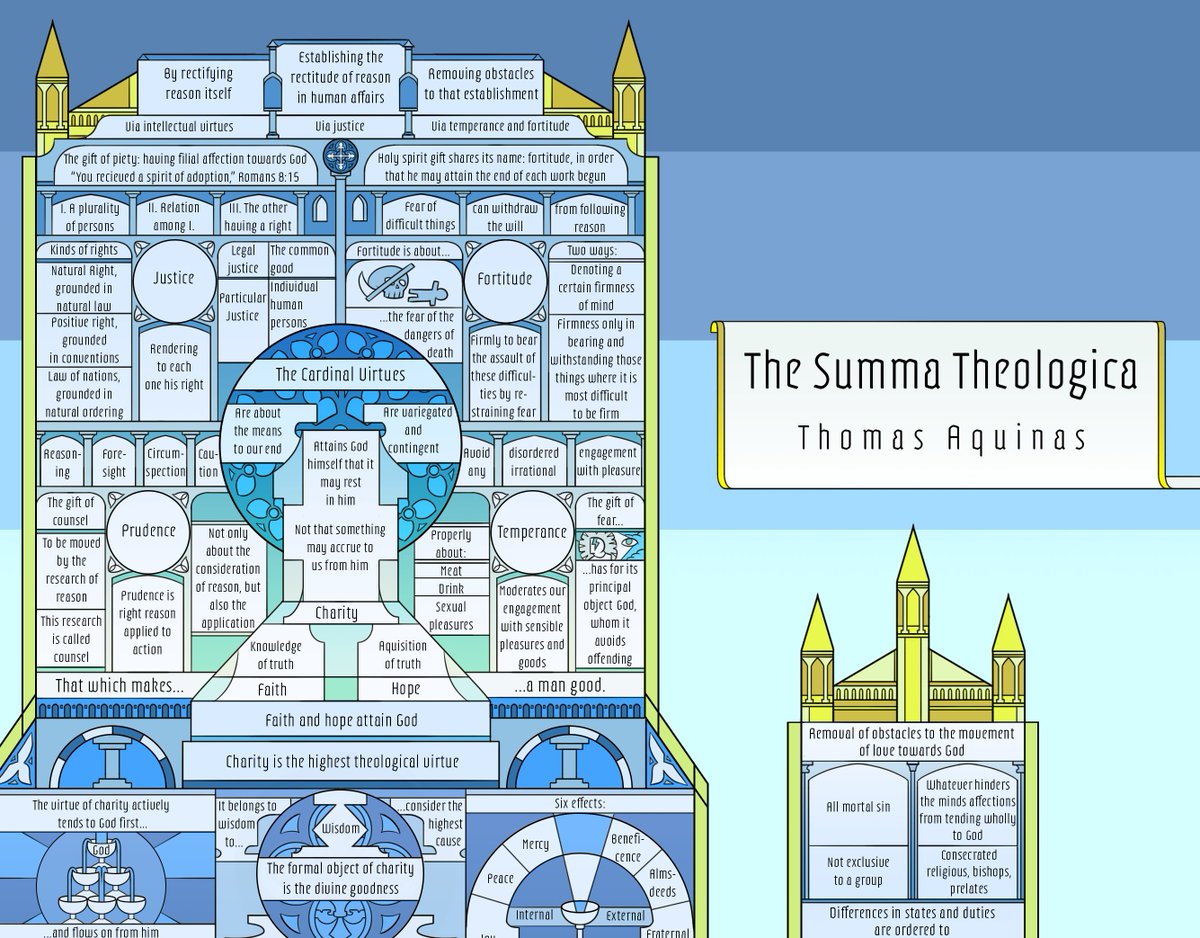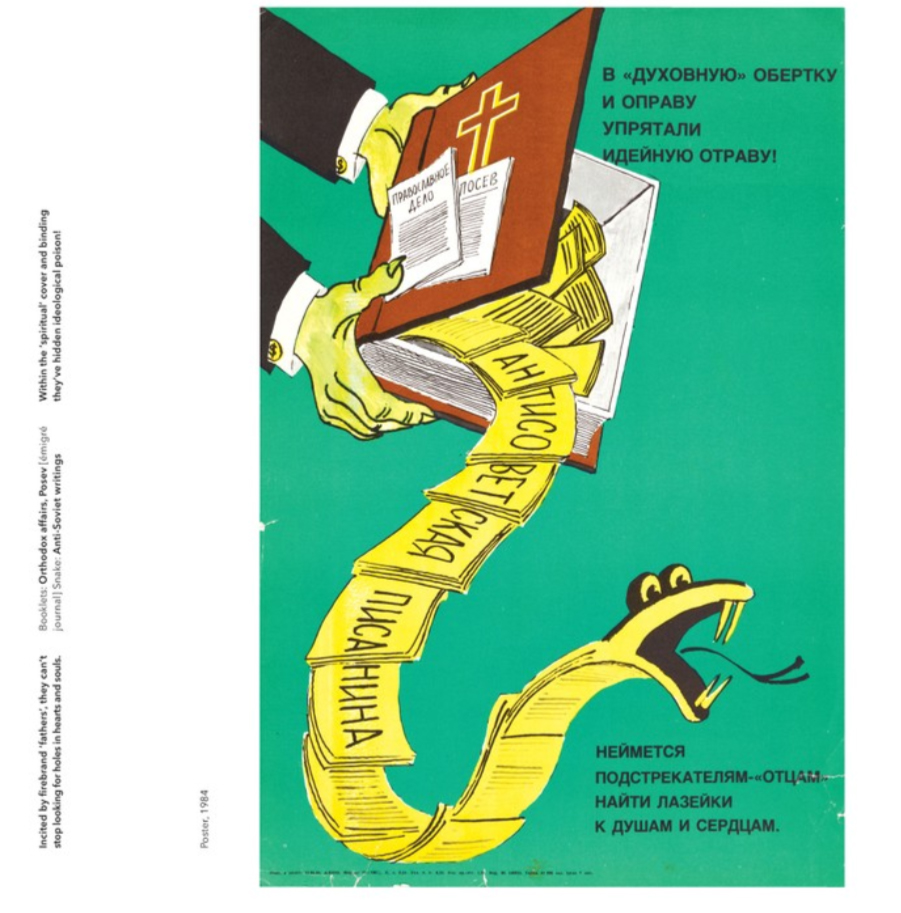heard tom brady is retiring. thats crazy. seems like a wholesome normal guy who just happens to be really good at his sport i guess 







• • •
Missing some Tweet in this thread? You can try to
force a refresh



































